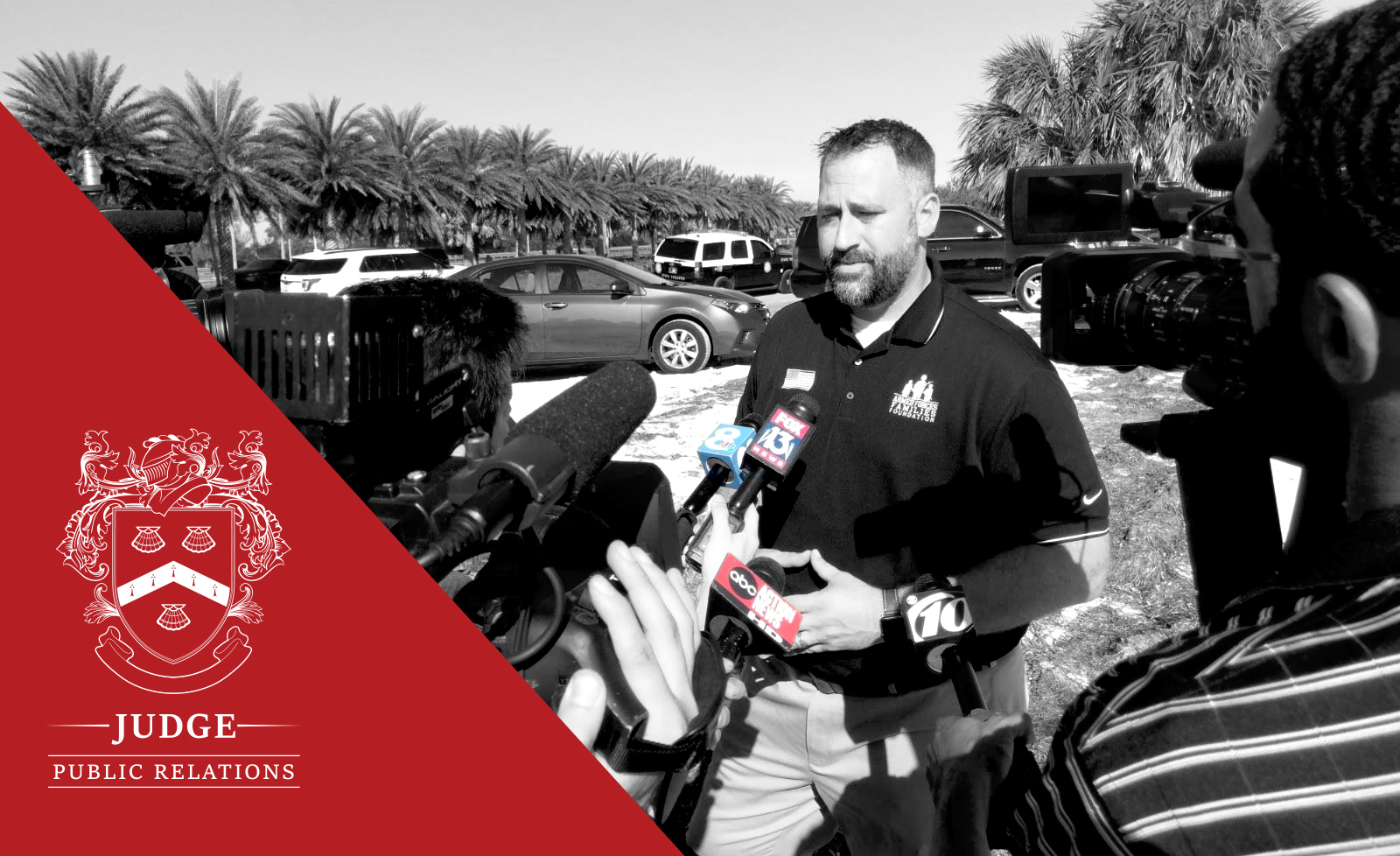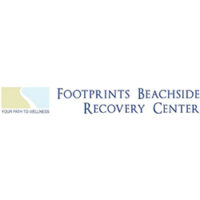Here are 10 tips from Judge Public Relations to help you out when it comes to dealing with a member of the media. These interview tips can apply to crisis communications or are applicable in every-day use when handling an interview request from the media.
- NEVER EVER say “no comment.” Saying “no comment” implies guilt. If you can’t comment on something for a specific reason or don’t feel like commenting, you should say why. When the media asks for your comment, it’s an opportunity for you to tell your side of the story. Don’t waste this opportunity by saying “no comment.” The odds are good that your “no comment” will be used in their story and you’ll look guilty by refusing to talk.
- NEVER speak “off-the-record.” While terms like off-the-record, on-background, deep-background, unattributable, and more, are common terms in journalism, it’s a better practice to just assume that whatever you say could wind up in the news when you are speaking with a reporter. If you practice that whatever you say could wind up in the news, you won’t be surprised when it does.
- Always tell the truth. Credibility is the most important thing you have and if you lose your credibility, it can take years to get it back, if you’re ever able to get it back at all. Always tell the truth and if you made a mistake or your company made a mistake, admit when you are wrong, tell people that you made a mistake, apologize, and express how you plan on correcting that mistake to make sure it doesn’t happen again.
- Never assume the camera is off. This is generally a very good idea, and similar to our #2 tip. Always speak like you’re speaking on the record. You don’t want to create more issues by saying something on-camera that you’ll regret.
- Try to be confident and relaxed. Don’t be confrontational and try not to appear nervous when speaking to the media. It doesn’t look good on-camera and body language is important when it comes to conveying your message. Additionally, if the media is interviewing you, it is most likely because you are the subject matter expert. You are most likely not going to have to answer any questions you haven’t already answered before.
- Keep answers simple and concise. These days, our entire world is broken down into soundbites and quotes and everyone is preoccupied by the next shiny object to distract them from whatever they’re currently doing. Try to ensure your message is heard by breaking things down in simple terms, avoiding slang or jargon that may not be understood by the general public, and expressing your message in the shortest way possible.
- If you make a mistake, say so and correct it. When you’re giving an interview, make sure that the information you provide the journalist with is accurate, and if you make a mistake, say so and make sure to get the correct information to that reporter. The last thing a reporter wants is for their story to be inaccurate because of something you told them. They genuinely want to get their story right, so make sure to help them to tell an accurate story. If you burn a reporter by lying to them or not correcting false information, it will be unlikely that they will want to use you a source again.
- Follow yes/no answers with an explanation. Yes or no answers don’t make for good soundbites or quotes. Make sure to follow up your yes or no answer with a brief explanation.
- Don’t be defensive. Coming across as defensive can make you appear guilty, even if you’re not. Always be polite, respectful and courteous.
- CALL 1-844-JUDGEPR FOR MORE TIPS!
Judge Public Relations is a PR firm located in Tampa, Florida. Founded in 2011, Judge PR is a Service Disabled Veteran Owned Small Business certified by the U.S. Department of Veterans Affairs. Judge PR represents a wide variety of clients from around the world and has worked with members of the media on every continent.


















































